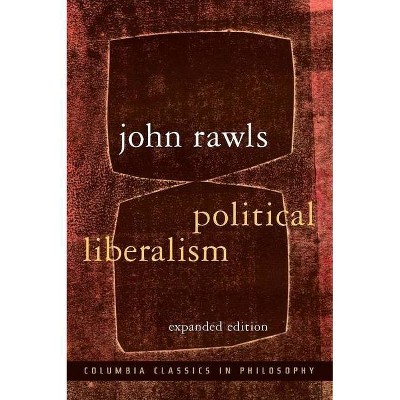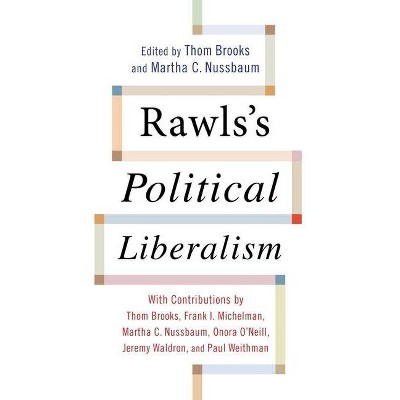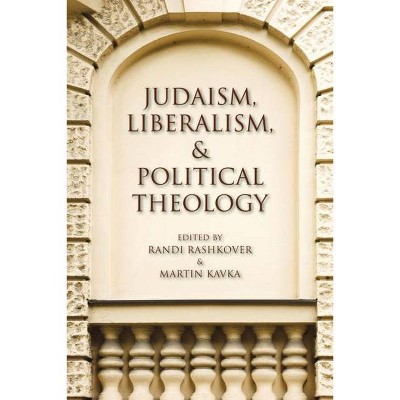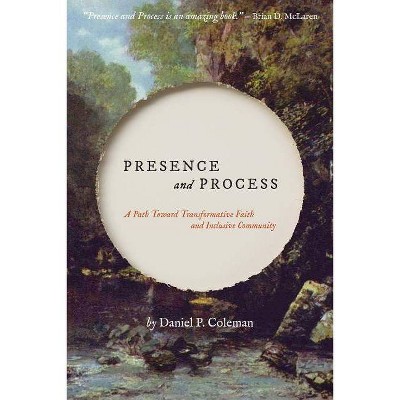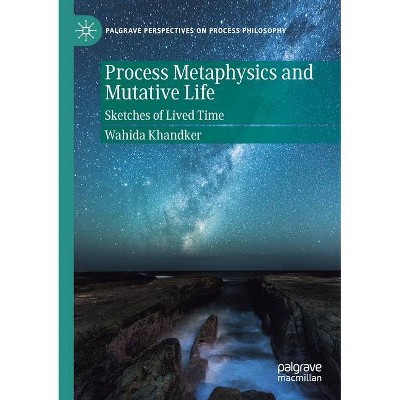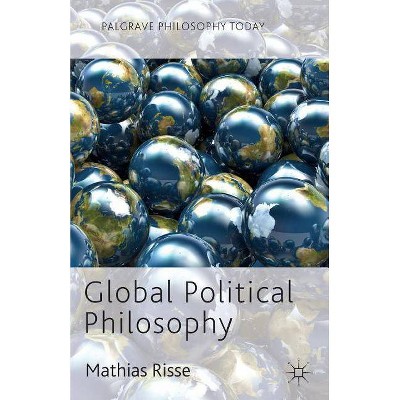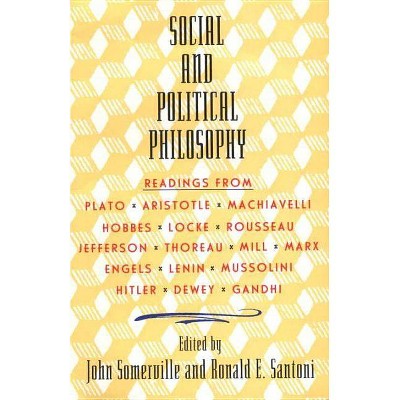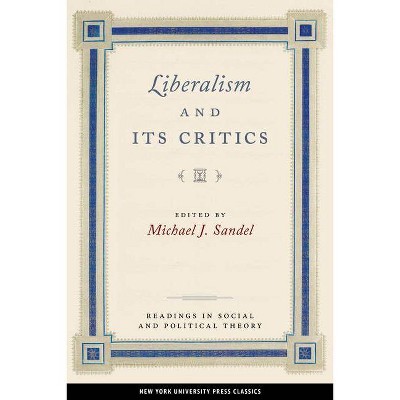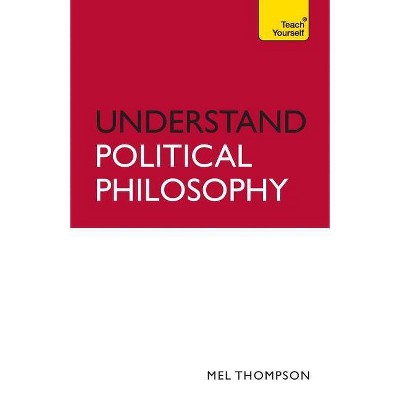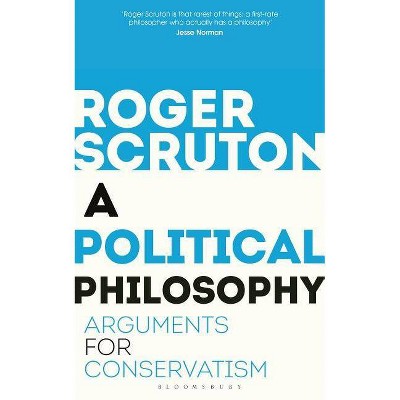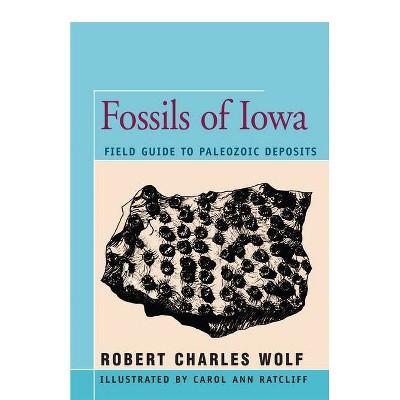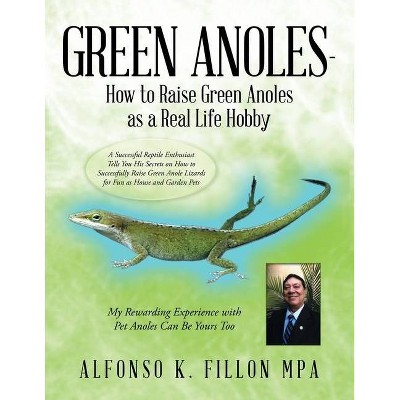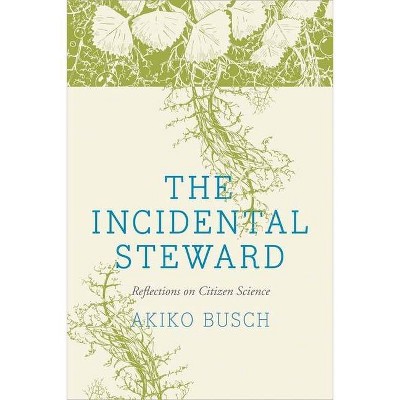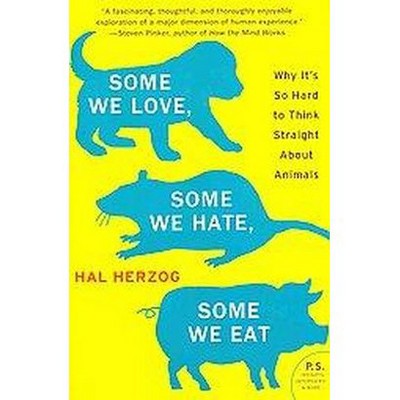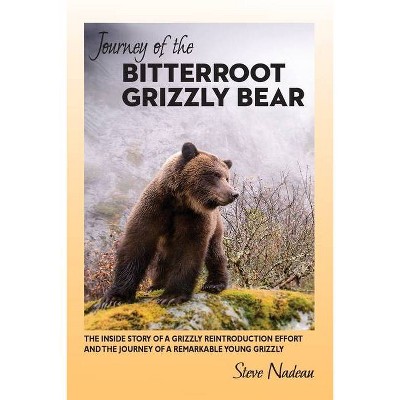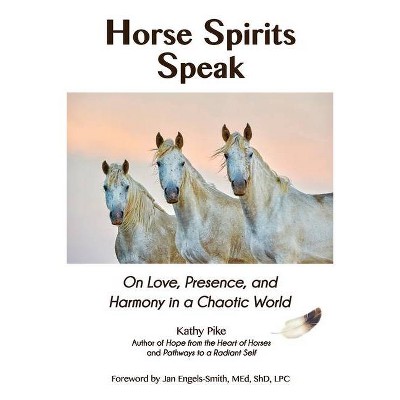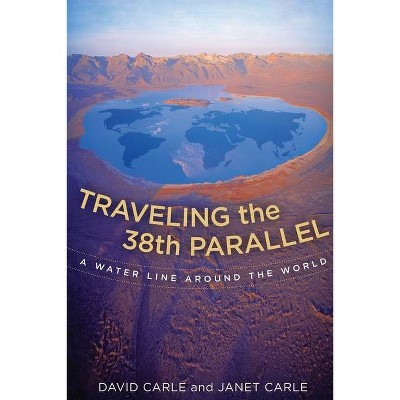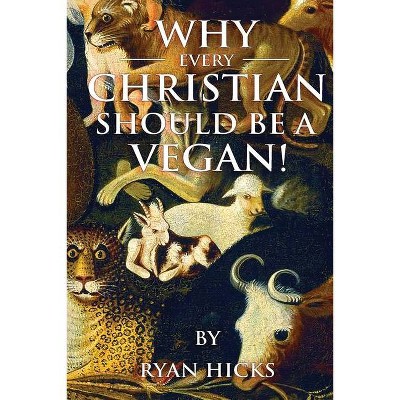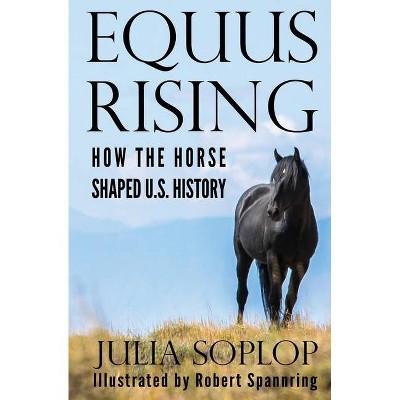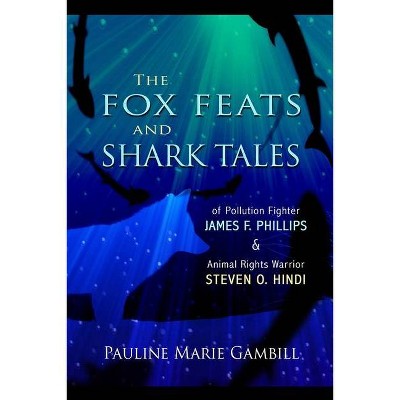Process Philosophy and Political Liberalism - by Daniel a Dombrowski (Paperback)
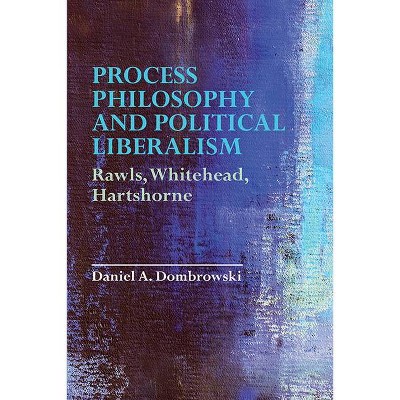
Similar Products
Products of same category from the store
AllProduct info
<p/><br></br><p><b> About the Book </b></p></br></br>Daniel A. Dombrowski brings together the thought of the 20th-century philosophy's greatest political liberal, John Rawls, with the thought of the great process philosophers, Alfred North Whitehead and Charles Hartshorne. He shows that political liberalism is intimately linked with process philosophy, renaming it 'process liberalism'.<p/><br></br><p><b> Book Synopsis </b></p></br></br><p>Daniel A. Dombrowski brings together the thought of the 20th-century philosophy's greatest political liberal, John Rawls, with the thought of the great process philosophers, Alfred North Whitehead and Charles Hartshorne. He shows that political liberalism is intimately linked with process philosophy, renaming it 'process liberalism'. He justifies this process liberalism in contrast to four potentially troublesome sources or influences: metaphysics, religion, right-wing politics and left-wing politics. Dombrowski engages a series of interlocutors and alternative positions including Franklin I. Gamwell, Timothy D. Snyder, Martin Heidegger and Karl Marx. In conclusion, he offers a compelling, intricate and resourceful argument for nonhuman animal rights based on Rawlsian principles, which in turn forms the basis of a future environmental ethics.</p><p/><br></br><p><b> From the Back Cover </b></p></br></br>Daniel A. Dombrowski brings together the thought of philosophy's greatest political liberal of the twentieth century, John Rawls, with that of the great process philosophers, Alfred North Whitehead and Charles Hartshorne. He shows that political liberalism is intimately linked with process philosophy, renaming it 'process liberalism'. He justifies this process liberalism in contrast to four potentially troublesome sources or influences: metaphysics, religion, right-wing politics and left-wing politics. Dombrowski engages a series of interlocutors and alternative positions including Franklin I. Gamwell, Timothy D. Snyder, Martin Heidegger and Karl Marx. In conclusion, he offers a compelling, intricate and resourceful argument for nonhuman animal rights based on Rawlsian principles, which in turn forms the basis of a future environmental ethics. Daniel A. Dombrowski is Professor of Philosophy at Seattle University<p/><br></br><p><b> About the Author </b></p></br></br><p>Daniel A. Dombrowski is Professor of Philosophy at Seattle University. He is the author of 18 books and over a hundred articles in scholarly journals in philosophy, theology, classics and literature. His books include <i>Whitehead's Religious Thought: From Mechanism to Organism, From Force to Persuasion</i> (SUNY, 2017), <i>A History of the Concept of God: A Process Approach</i> (SUNY, 2016), <i>Rawlsian Explorations in Religion and Applied Philosophy</i> (Penn State University Press, 2011), <i>Contemporary Athletics and Ancient Greek Ideals</i> (University of Chicago Press, 2009), <i>Rethinking the Ontological Argument: A Neoclassical Theistic Response</i> (Cambridge University Press, 2006).<p>
Price History
Price Archive shows prices from various stores, lets you see history and find the cheapest. There is no actual sale on the website. For all support, inquiry and suggestion messages communication@pricearchive.us
